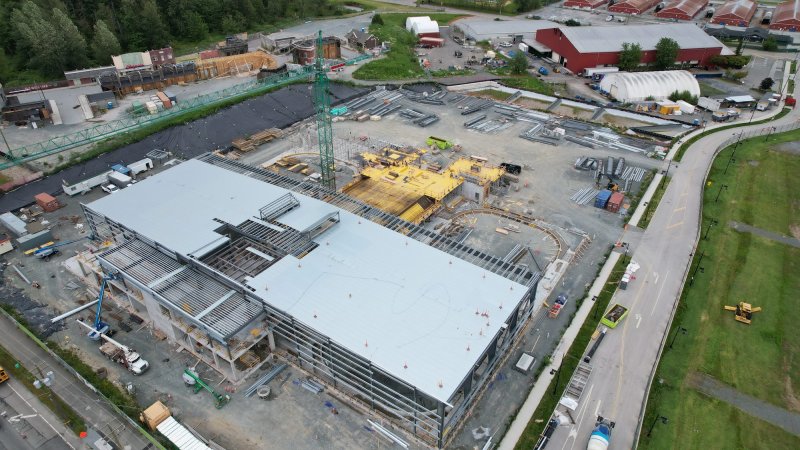City Budget
Explore the City's annual budget process. Learn how we allocate funds, prioritize spending, and create a balanced budget that benefits our community.
Forming the budget
Each year, City staff develop an annual budget that outlines where, when, and how to spend funds. The budget is also known as the financial plan.
First, we get direction from Council and input from residents. Then, we make a plan that funds quality services that:
- Meet the needs of the community
- Support businesses
- Deliver on key strategic priorities
Your tax dollars at work
The City funds a range of services, amenities and infrastructure. See a breakdown of 2024 property tax collections, based on the 2024 budget:

Not all of your taxes go towards the City budget
42.42% of your taxes go to other authorities. The City keeps 57.58% to help fund operating and capital expenditures across all City departments and select utilities.
Three components of the financial plan
Capital Program
Funds and maintains all the things the City builds, including:
- Roads and utility infrastructure
- Recreation centres, pools, arenas
- Fire halls and libraries

General Operating
Funds the delivery of everyday programs and services like:
- Police, bylaw and fire services
- Recreation activities, parks and social programs
- Attractions

Utilities Operating
Funds the operating costs of utilities including:
- Roads and parking
- Water, sewer, and drainage
- Solid waste
- Surrey City Energy

Creating a balanced budget
Cities are required to adopt a balanced budget each year. What we spend must not be more than what we get from funding sources.
Council works to ensure that the plan is balanced to:
- respond to the needs of residents
- provide adequate funding to maintain city services
- address the demands of growth throughout Surrey
To balance the budget—while maintaining service levels and addressing new funding priorities—the City needs to consider several ways of funding:
Property tax
Property tax is the main source of revenue for most cities. Property tax includes:
- Property value tax based on the property’s assessed value as well as the amount determined by the City to provide services.
- Parcel taxes are levied on the unit, frontage or area of a property.
- Local area service taxes provide funding for services to only a portion of the city (i.e. a local service area).
User fees
User fees are a charge that an individual pays when using City services to partially recover the costs of those services. Examples include:
- Recreation and culture facility admissions
- Parking fees, development fees, and dog licences
- Water, sewer, and energy utilities (billed separately)
- Garbage and recycling utility that appears on your tax bill
Long-term external borrowing
The City also has access to long-term external borrowing through the Municipal Finance Authority of British Columbia (MFA). This provides additional funding options for major capital projects.
The City carefully monitors its borrowing capacity and debt levels when considering this option.
How do we compare?
The City of Surrey continues to have one of the lowest property tax rates in Metro Vancouver.

Based on 2024 Representative (Average) Single Family Detached
home within each municipality per BC Local Government Statistics
Help shape City priorities
We ask for community member feedback every year as part of our annual budget process. The open house sessions and survey portion of 2025 budget engagement is now closed. Please stay tuned for a summary of engagement results. Visit our 2025 budget webpage for more information.
View the Budget 2025 What We Heard Report for a summary of engagement findings.
